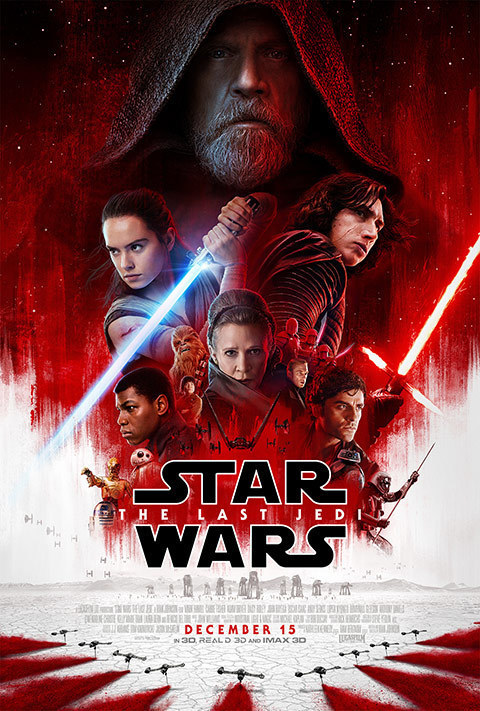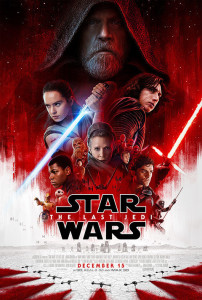
Loved the New Star Wars? Here’s a Jewish, Feminist Angle to Consider
 Note: This essay contains spoilers.
Note: This essay contains spoilers.
While Hanukkah has just wound down, there’s plenty of Maccabee spirit still floating around from a long time ago, in a galaxy far, far away. After all, as we’re told many, many times over the course of Star Wars: The Last Jedi, the Resistance’s ship—now its sole bulwark against the fascistic First Order—only has several hours worth of fuel left. Defeat seems inevitable, and yet, of course, the Resistance manages to scrape together a victory, living to organize and fight another day.
For those of us in the audience who learned about the little jar of oil that provided enough light for eight nights, the Resistance’s fuel struggles certainly lent the usual underdog-versus-imperial forces a very Jewish flair. Poe Dameron (Oscar Isaac) even works as a would-be Judah Maccabee—at least, he sees himself as the kind of loose-cannon leader the Resistance needs in the face of what he perceives to be the passivity of Vice-Admiral Holdo (Laura Dern). Of course, it is Holdo whose careful strategizing and personal sacrifice (as well as judicious use of fuel) keep the Resistance from being completely destroyed by the sheer might and firepower of the First Order.
Women saving the day is a general theme in this film. In fact, The Last Jedi commendably has more women in central roles than any previous Star Wars movie. Apparently Leia was the only woman in all of the galaxy when she, Luke and Han were young and scrappy, fighting Darth Vader and hanging out with Ewoks. Having a whopping four women with major roles is a huge step forward. Even progressive Star Trek (both the original series and its big-screen reboot) only had one woman in the main Enterprise crew.
That said, it remains in question how effective, well-written, and engaging these female characters actually are, and the results do vary.



